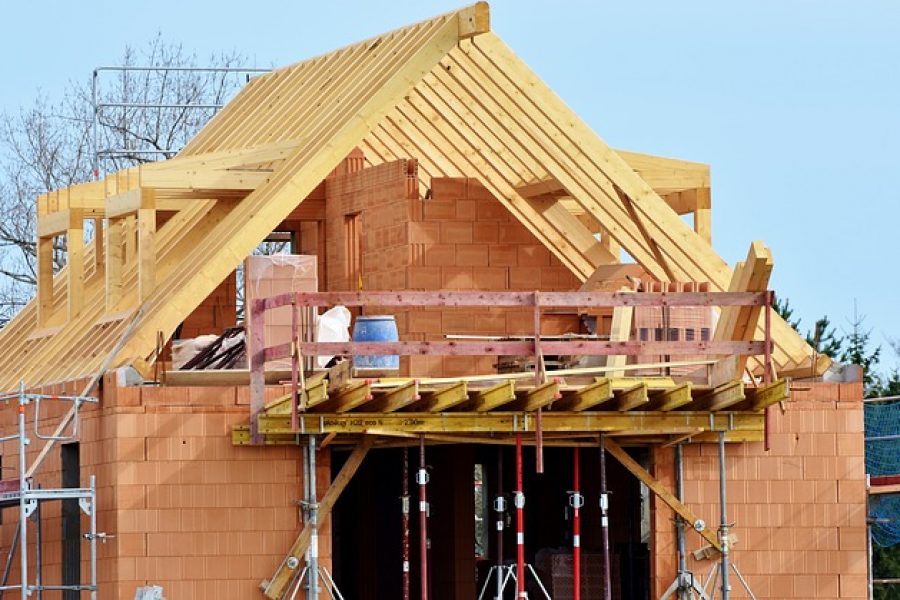Sacramento lawmakers just passed two measures to remove some of the government-created roadblocks to housing construction – a rare bright spot in a session dominated by the quest for more government control.
This bright spot could have actually been much brighter had it not been for special interest groups nearly derailing the bills at the eleventh hour. The debate was an unusual one as it involved two bills being pushed by prominent capitol Democrats that divided organized labor.
Assembly Bill 2011, by Asm. Buffy Wicks, D-Berkeley, would allow for “100% affordable housing projects” and “mixed-income” housing to be built in commercial zones near transit by right and bypass costly California Environmental Quality Act reviews, so long as workers were paid the prevailing wage and offered health benefits. The State Building Trades and Construction Council opposed this bill as it didn’t require project labor agreement requiring union labor, though the California Conference of Carpenters sponsored the bill.
Senate Bill 6, by Sen. Anna Caballero, D-Salinas, would streamline the process to build housing on land zoned as office or retail. The bill would require union labor; however it allows a project to move forward without union labor if fewer than two bids were received, and workers are paid the prevailing wage.
“This is always the problem. Sometimes the state will have good ideas on housing,” Steven Greenhut said of the bills on PRI’s “Next Round” podcast. “But then the state gets involved and imposes so many conditions – labor conditions, unionization, project labor agreement-type conditions and requirements for affordable and subsidized-type housing – that you have to analyze whether it is more bad than good.”
Consider the high costs of government labor mandates like the prevailing wage. As PRI’s Kerry Jackson has written previously, “according to Beacon Economics, prevailing wage could increase the costs of residential home construction by 46 percent.”
On the push for more affordable housing, Jackson says government should be promoting all kinds of housing rather than promoting so-called affordable housing. He argues that even the construction of new “McMansions” is a good thing that “benefits the least-prosperous among us.”
He cites a 2016 report from California’s nonpartisan Legislative Analyst’s office, which argues that “market-rate housing constructed now will therefore add to a community’s stock of lower-cost housing in the future as these new homes age and become more affordable.”
Finally, on previsions in these bills to prevent CEQA roadblocks, Chris Carr and his colleagues argued in the recent PRI study “The CEQA Gauntlet” that lawmakers shouldn’t be prioritizing these one-time go-arounds. Lawmakers should instead enact a moratorium on these kinds of bills to force pressure on the Legislature to enact the wholesale CEQA reforms necessary to streamline the building of housing, schools, bike lines, wildfire prevention projects, and other critical priorities.
Forced to pick sides, lawmakers decided to make everyone a winner and send both bills to the Governor’s desk. In essence, if both bills are signed into law, home builders will be able to choose which process is in the best interests of their project.
In general, both of these bills are steps in the right direction of what must be done to break California’s housing logjam. However, while they may grease the wheels to get important housing projects built, the labor provisions could add to housing costs at a time of record state housing prices. Badly-needed housing may finally be built – but Californians will end up paying more to satisfy special interest demands.
Tim Anaya is the Pacific Research Institute’s senior director of communications and the Sacramento office.


